Think of this as Volume 17, Number 25 of the newsletter I have written weekly since March, 1997. Enjoy.
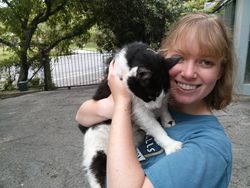
for some time to come, my daughter Robin (right) has been treating us all to
pieces on her chosen field of study, Urban Wildlife policy, and what
to do about it.
Her interest was piqued by her studies
at Texas A&M Kingsville, in range and wildlife studies, with an
emphasis on wildlife.
She said her professors considered this a new
field, an important field, but admitted there really aren't many jobs
yet in the field because much of the fieldwork has not yet been done.
Here's what I think.
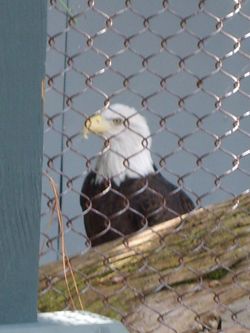
whether it's in the city, in a suburb, in an exurb or way out in the
country, you're in an ecosystem. You're the dominant factor in the
ecosystem where you live. Man sets the policies of all ecosystems,
and our public policies don't take account for this fact. We assume
we can fence our ecology into some sort of reservation, the way we do
Indians. But that only works if you then let bears run casinos.
In my own Atlanta backyard, there are a
host of critters right now. Not just insects, but mammals and birds
in uneasy harmony. And the balance has changed in many ways since I
moved here.
For instance, we had a big problem with
pigeons around our MARTA station for years. The authorities tried all
sorts of things. Especially amusing were the plastic owls hung from
the station rafters. Then they hit upon the answer – predators.
Falcons and hawks were released to nest and breed.
No more pigeon
problem.
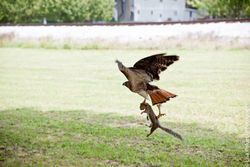
gone? The hawks and falcons go after other prey. There have been lots
of pictures in local blogs lately of squirrels being taken for a
final ride by a hawk. (This one appeared at Decatur Metro, and was taken a few blocks from my home.) Chipmunks, too. Who knows if the balance is
right? I sure would like fewer squirrels…but what if the next
picture posted shows a kitten in that hawk's talons?
For most of my time here domestic cats
have been the dominant predator. They're a major threat to ecosystems
around the world, felinus domesticus. Those with homes hunt like
Elmer Fudd. They don't need the prey to live, so they make a game of
it, going only after the pretty birds. Usually they fail. But not
always. And it adds up. Hundreds of species are under threat as a
result. Then add in the feral cats, and you've got a much bigger
problem, a global problem. These cats kill to eat, they're hard to
catch. Extinction looms for many, many creatures because we think
cats are cute and we let them roam our ecosystems.
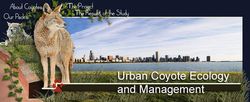
to our area, but they're becoming common in more-and-more eastern
cities. Coyotes live in the bottom lands, or in any empty unkempt
patch of green. They come out to hunt at night, and they'll take
whatever they can find. Your cat, maybe your cute little dog. Maybe
from right off your leash. What do we do? We're killing off the
natural habitats of these creatures, so your answer to “kill them
all” means extinction for all large predator animals.
That's just in my city. Problems exist
everywhere. Red foxes in London. Rabbits in the Denver Airport
parking garage. Wild pigs in Texas and New Mexico. Bears and mountain
lions in California. Both predator and prey species can destroy
habitats, if not kept in check. Larger animals can keep them in
check, but how large a predator can we tolerate? How large a predator
must we tolerate?
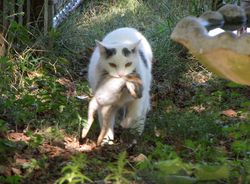
probably getting a lot of these issues wrong. (This cat caught and killed a rabbit.) I include myself among
your number. We have a preference in our species for the “cute” –
cute is meaningless in terms of ecosystems. That vulture circling
over your in Texas is an important part of nature's clean-up crew,
preventing disease. And if you kill the mammalian or avian predators,
in order to protect the “cute ones,” then the “cute” species
wind up taking over, until they starve.
I don't have the answers here. No one has all the answers yet. My daughter is one of many people searching for them, and it's
hard work. It's worthy work, far more important in the long run than
my own career covering the rise of the Internet and Moore's Law has
been. I'm not in Wikipedia. She will be.
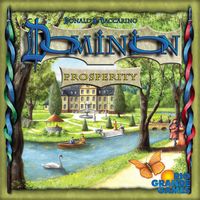
dad. I'm speaking as a citizen of the 21st century, the
century that will decide whether we bequeath a working planet to our
descendents, or whether we won't.
It is past time that all men, women
and children around the world accept our responsibility, the one
given us in the Bible, to hold “dominion” over the Earth, and to
understand that “dominion” doesn't mean what Hitler thought it
meant, absolute control over everyone else's life and death.
It means
what Christ meant, a responsibility that can't be evaded.
We're all called to the hard work of
saving this planet, and that starts with creating stable, or at least
sustainable, ecosystems in our own back yards.










